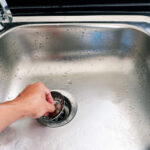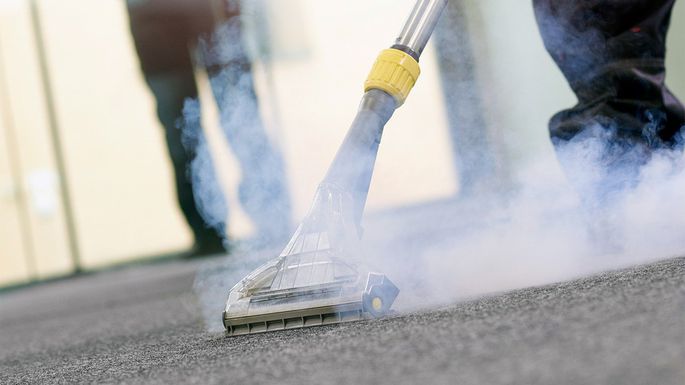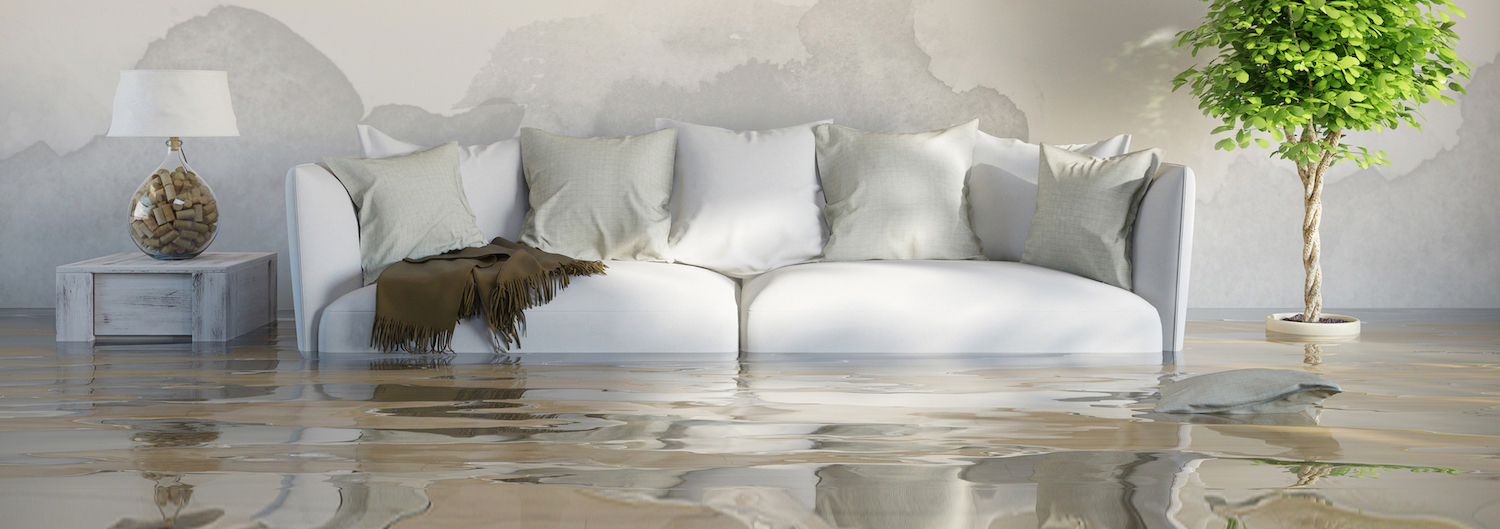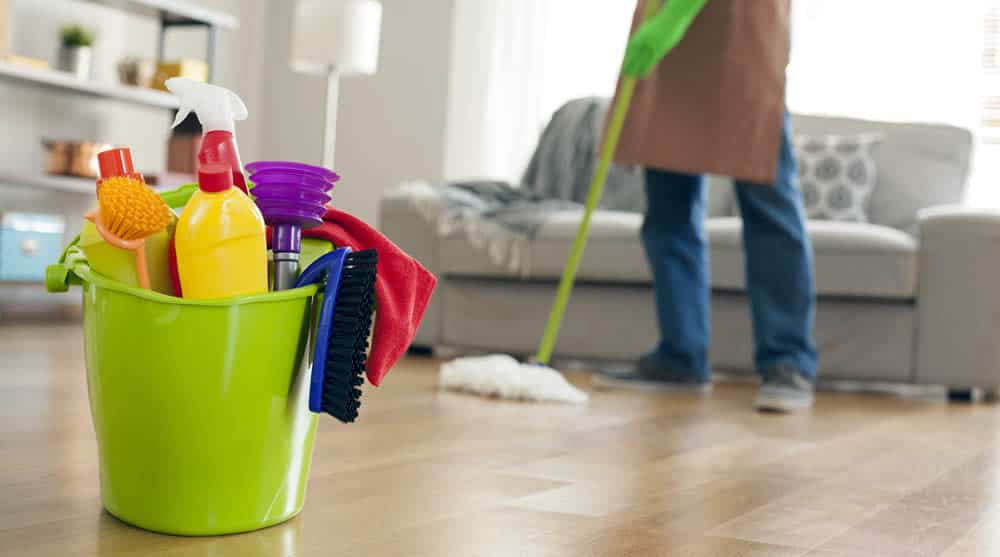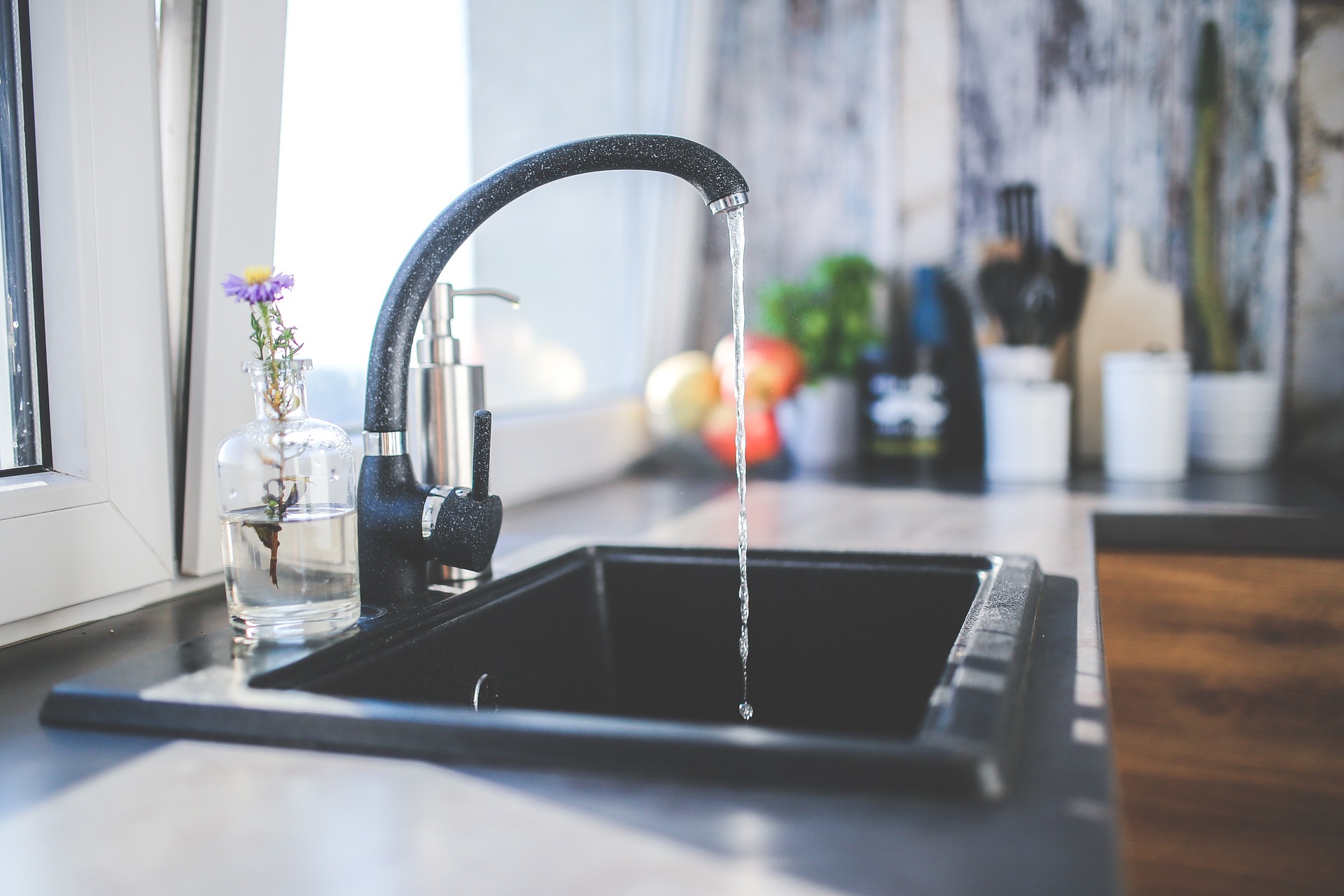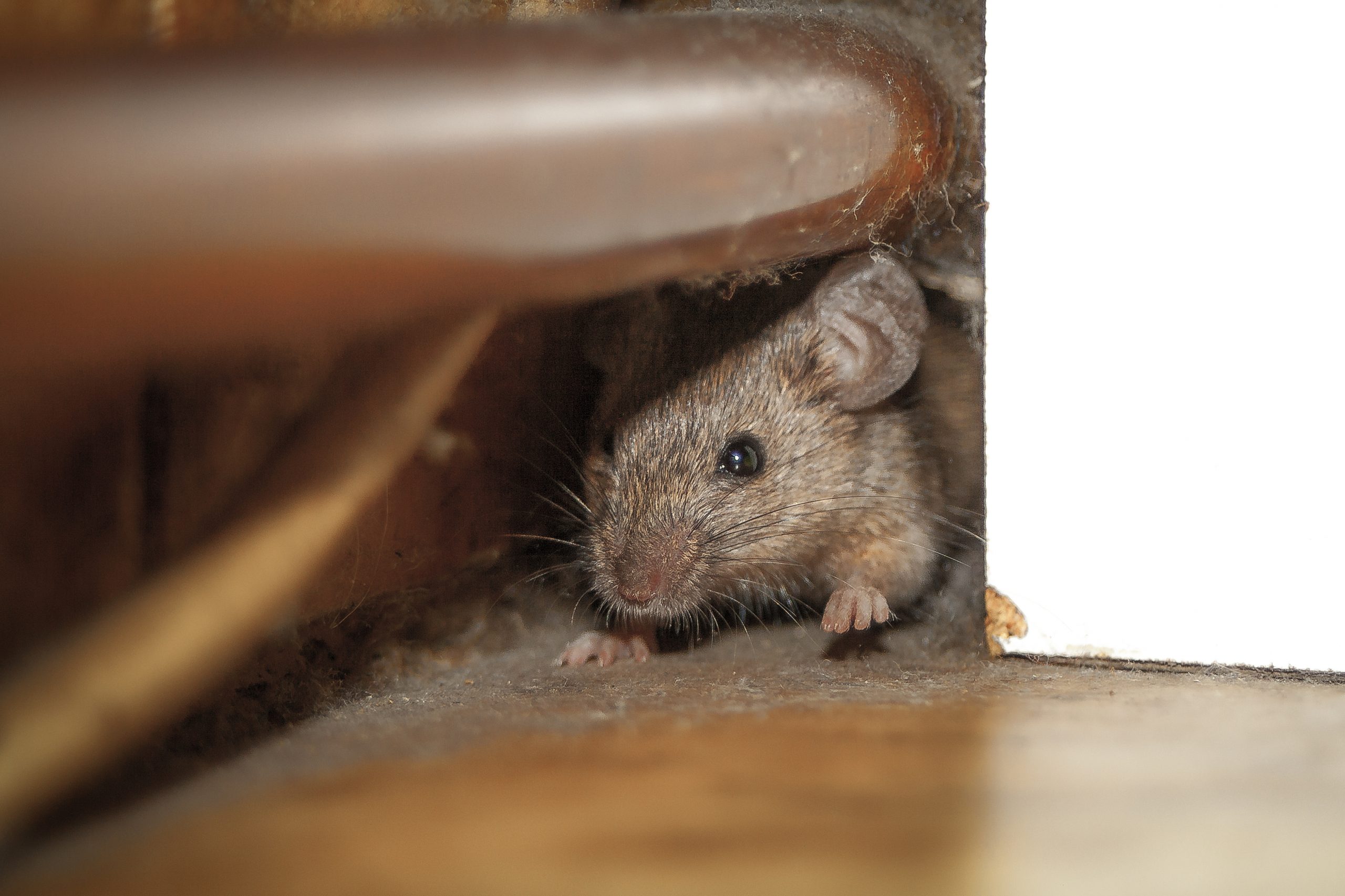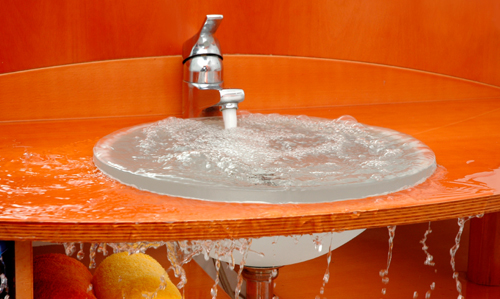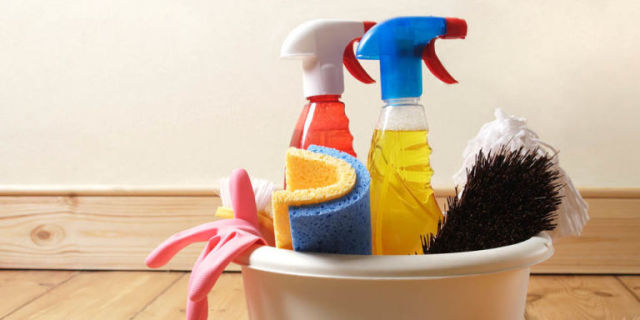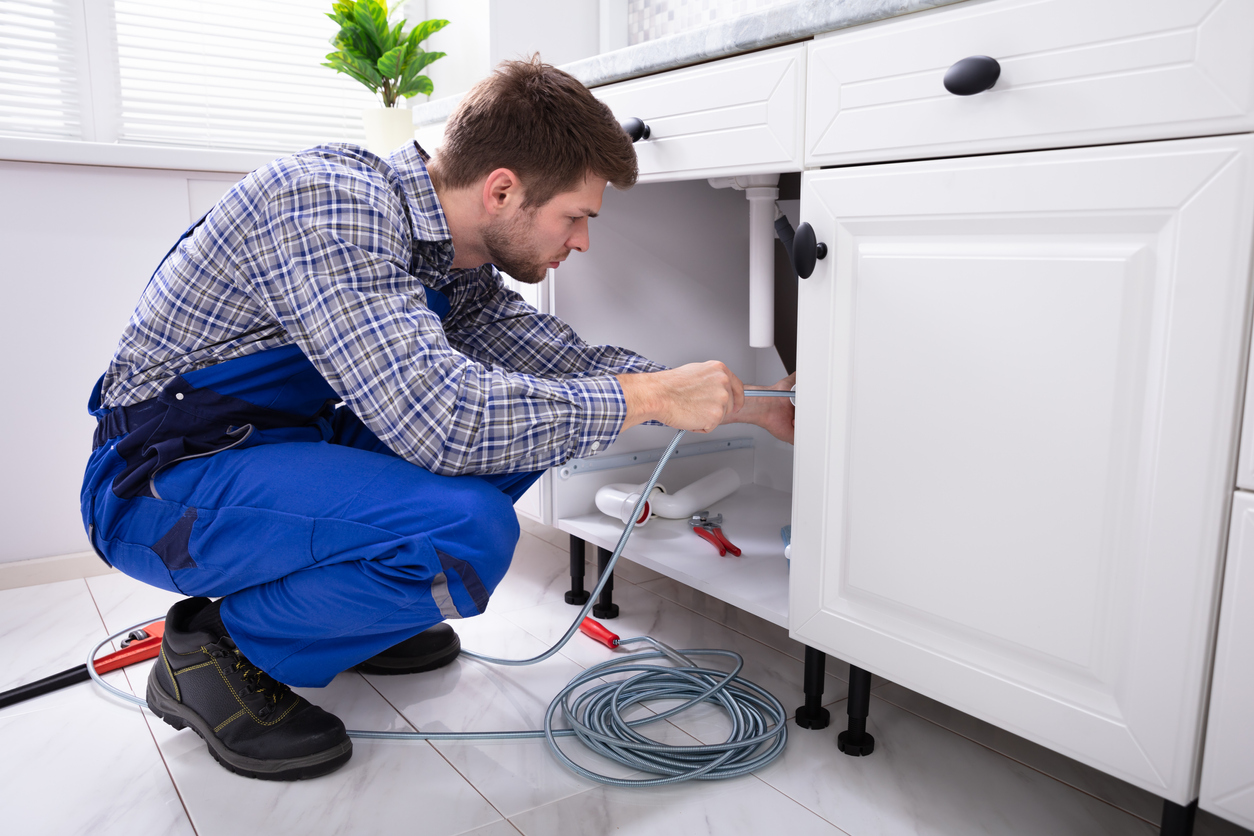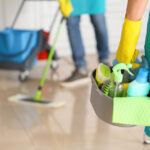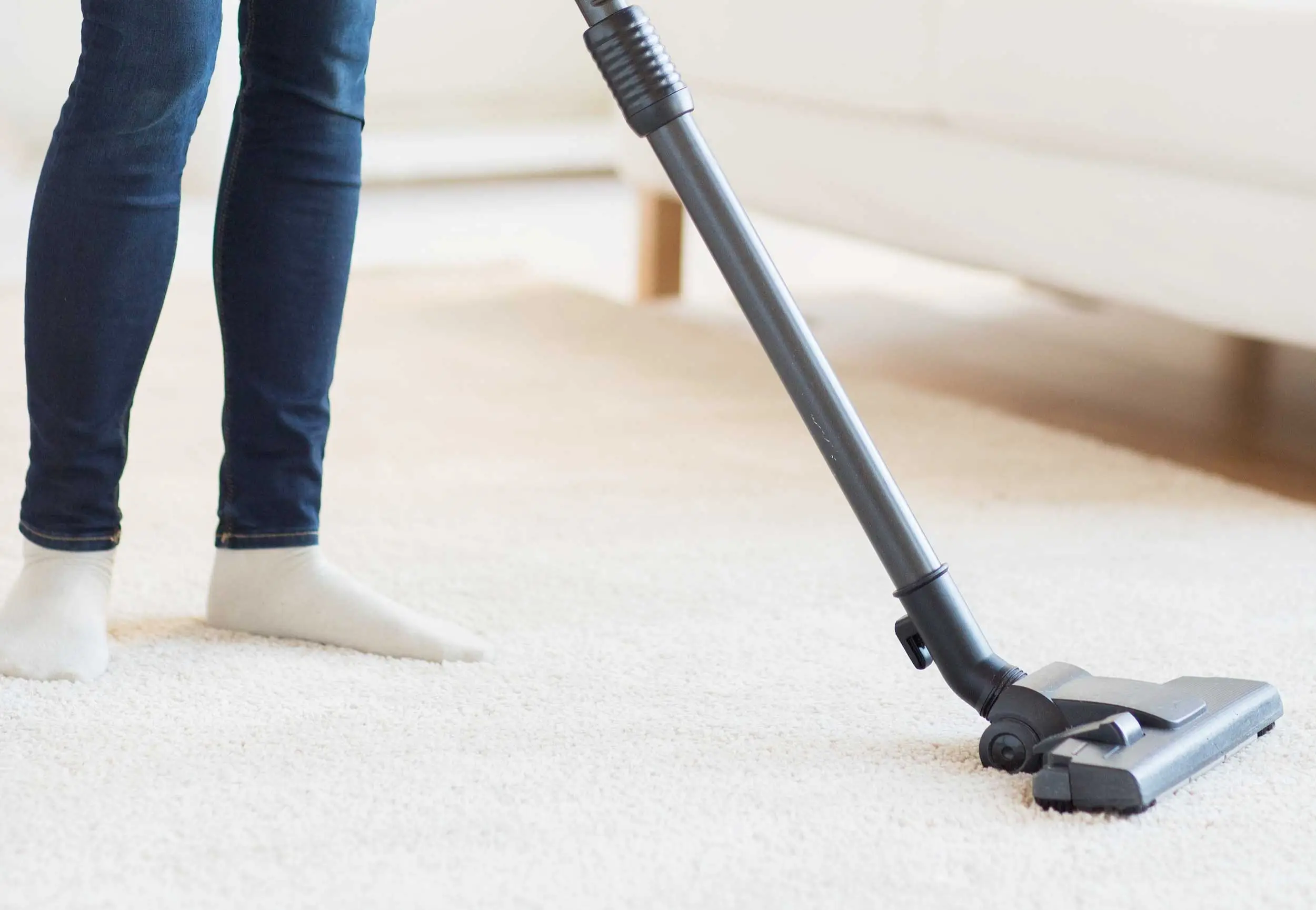Liquid Drain Cleaner Use Can Damage Pipes
As mentioned in the introduction, one of the main issues with relying on liquid drain cleaners is the potential for pipe damage. Liquid drain cleaners are highly corrosive and contain strong chemicals like hydrochloric acid or sodium hydroxide that can eat away at metal, plastic and other pipe materials over time.
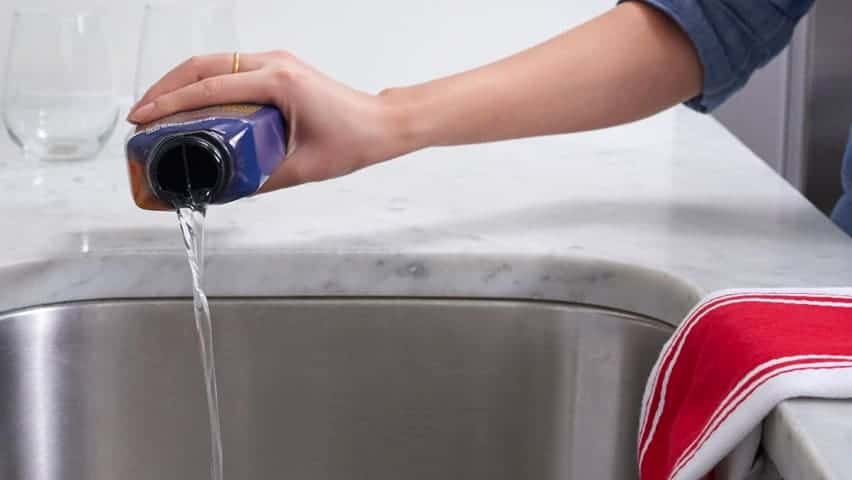
While a occasional use of drain cleaner may not cause immediate harm, frequent or long term exposure can lead to small fractures and cracks forming in pipes. These cracks can then develop into leaks that require expensive repairs or even full pipe replacements.
Plastic pipes may become brittle and prone to bursting. The corrosive nature of drain cleaners poses a very real risk of irreversible pipe damage if they are used as a primary method of drain cleaning.
Content
Health Concerns Associated with Drain Cleaners
Another major downside of long term drain cleaner use is the health risks involved with these products. The strong chemicals in most liquid drain cleaners can cause skin burns, eye irritation and even lung damage if the fumes are inhaled. This makes proper protective equipment a necessity whenever working with drain cleaners.
However, accidents and improper handling can still lead to chemical exposure. Drain cleaners also kill beneficial bacteria that naturally occur in drainage systems and help break down waste and prevent clogs.
Eliminating these bacteria long term can paradoxically lead to larger blockages forming. Relying on drain cleaners as a long term solution also means being regularly exposed to toxic chemicals, which poses a risk to health.
Environmental Impact of Drain Cleaner Chemicals
In addition to health hazards, the chemicals found in most liquid drain cleaners can also harm the environment if they are allowed to enter water sources.
Even if a drain cleaner seems to fully clear a clog, residues of chemicals may remain that can be washed away later. These residues eventually make their way into rivers, lakes, groundwater or even municipal water supplies.
Chemicals like hydrochloric acid and sodium hydroxide are toxic not just to humans but also aquatic life. Allowing these chemicals to build up in the environment through long term drain cleaner use poses a threat to local ecosystems. It is always better to take preventive measures or seek more natural solutions to avoid such environmental contamination.
Alternative Drain Cleaning Methods
While liquid drain cleaners have their place as occasional uncloggers, they should not be relied on as a long term solution due to the health, environmental and practical downsides outlined above.
For persistent or complex blockages, it is usually better to consider alternative drain cleaning methods. One option is to use a drain snake to manually remove hair, grease or other material trapped in bends of the pipe. A plumber’s snake can dislodge clogs that chemicals may not fully dissolve.
For tough blockages, drain video inspection allows plumbers to precisely locate and address the root cause of clogs. Finally, seeking professional assistance for major drainage issues will not only clear the clog but also evaluate the pipe condition and identify any necessary repairs. Relying too much on liquid drain cleaners risks missing underlying problems that can lead to future clogs.
When to Seek Plumbing Help
While an occasional use of liquid drain cleaners for simple hair or grease clogs is okay, there are some signs that indicate it’s time to call a plumber instead of reaching for the drain cleaner again:
- Clogs reoccurring frequently within a short time span
- Drain cleaner not fully clearing the clog after multiple attempts
- Presence of tree roots or large solid material in the drain
- Drain or pipe making gurgling noises when water is drained
- Noticeable reductions in water flow over the drain cleaner’s usage period
In these situations, the cause of the clog is likely more complex than a simple blockage that drain cleaner alone can clear. Professional assistance can fully diagnose and address the issue to prevent future drainage problems.
Conclusion
In summary, while liquid drain cleaners have their place as occasional uncloggers, they should not be relied upon as a long term solution for clearing clogged drains.
Frequent or heavy reliance on drain cleaners poses serious risks of pipe damage, health issues and environmental contamination from their corrosive chemicals. For persistent drainage problems, alternative methods like drain snakes, video inspection or calling a plumber are usually safer options.
Only occasional and careful use of drain cleaners according to instructions can help avoid issues down the line from over-dependence on these products. Always exhausting other solutions before reaching for the drain cleaner is the most practical approach for clear and healthy plumbing.
FAQs:
Is it okay to use drain cleaner if I have plastic pipes?
While plastic pipes may be more resistant than metal, all drain cleaners are still highly corrosive. Frequent use can potentially cause plastic pipes to become brittle and prone to cracking over time. It’s generally best to only use drain cleaners occasionally as needed and exhaust other clearing methods first if possible to minimize chemical exposure to any pipe material.
What natural/DIY alternatives exist to chemical drain cleaners?
Some natural alternatives to chemical drain cleaners include baking soda + vinegar solutions, boiling water, drain snakes to remove clogs, or enzymes/microbes marketed as drain cleaners. These methods are usually safer for pipes and don’t introduce harsh chemicals into drains. A plunger can also help dislodge clogs without chemicals. Regular pipe maintenance like removing hair from traps also prevents many clogs from forming.

I am Scott Miller and my love is writing about home improvement. I write mostly about home ideas, but also share some tips and tricks that can make your life easier when it comes to getting things done in the house.
